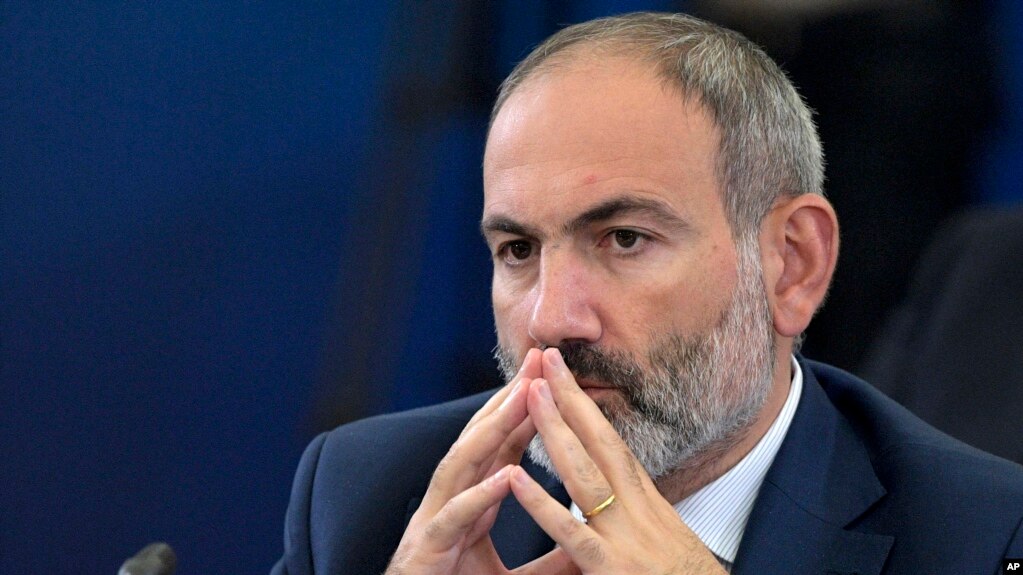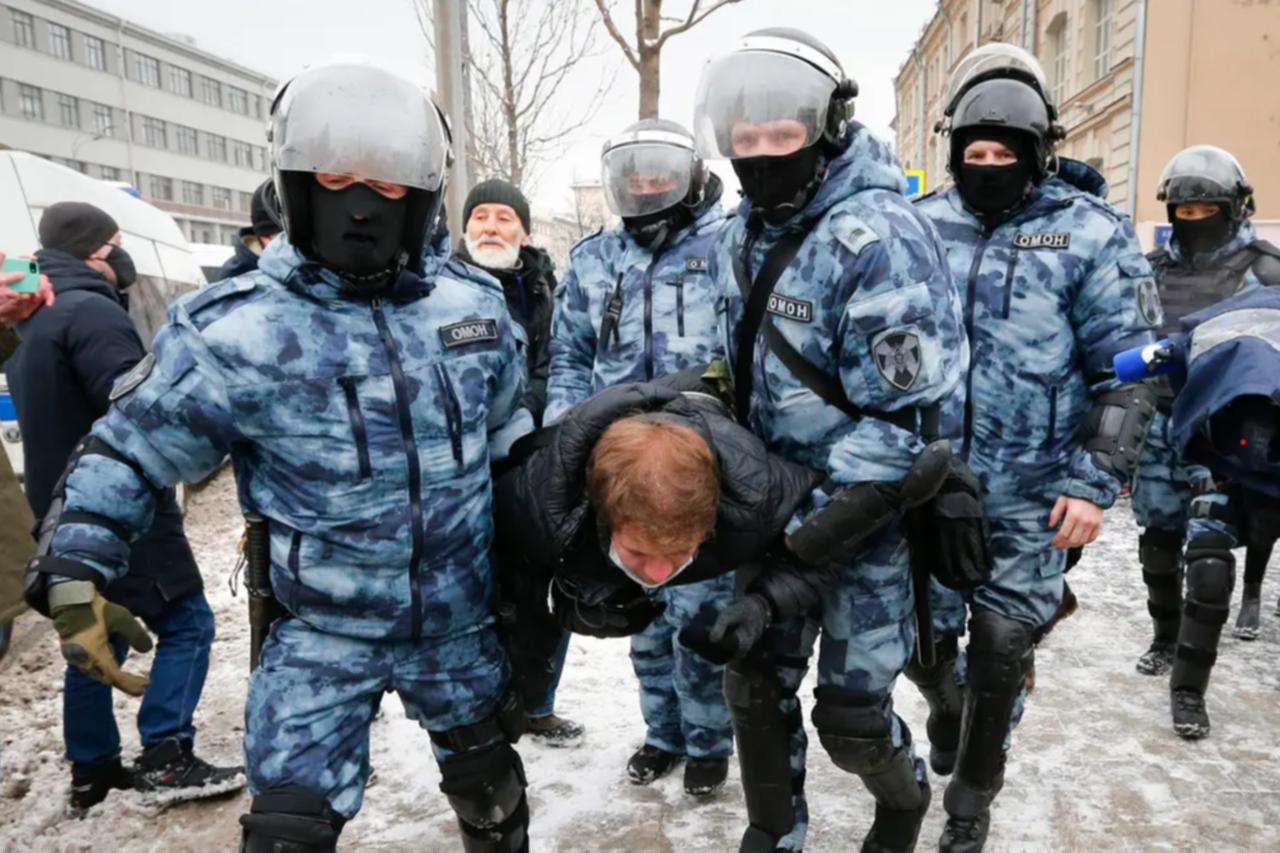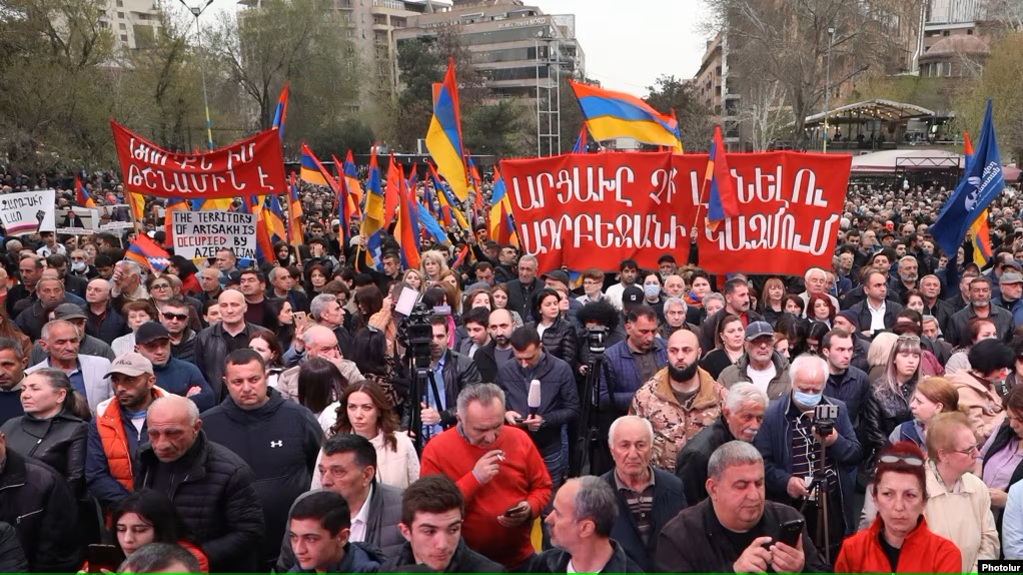
Energy-rich Azerbaijan is a strategically important country for the European Union’s plans to end, or at least significantly reduce, its dependence on Russian oil and natural gas. However, there are voices within the 27-nation bloc that remain somewhat sceptical about Brussels’ ambitions to complete its “energy divorce” from Moscow.
By Nikola Mikovic
Even though EU member Hungary actively develops energy cooperation with Azerbaijan, unlike other European actors, Budapest wants to continue purchasing natural gas from Russia. For Hungarian Foreign Minister Peter Szijjarto, energy supply should be free from ideological and political debates.
“There is a big ideologically motivated negative discrimination against nuclear energy in Europe. There is also an aggressive pressure on Hungary to phase out natural gas from its energy mixture,” Szijjarto delivered these remarks during his speech at the Baku Energy Forum on June 5.
In his view, buying energy, including natural gas, is not political. It is a matter of rationality. Still, he claims that Hungary is “under tremendous pressure” to cut its energy relations with Russia. But who exactly is pressuring Budapest?
“The European Union, specifically the European Commission, is the primary source of this pressure. Unfortunately, we are unable to alleviate it,” Szijjarto revealed to The Liberum.
At the same time, some European energy companies continue doing business as usual with Moscow. According to Szijjarto, Russian nuclear giant Rosatom is building the Paks II Nuclear Power Plant in Hungary, and its main subcontractors are German, French and American corporations.
“They work happily with Rosatom, earning billions of dollars,” he emphasised, pointing out that Hungary rejects any sanctions on energy, as that always leads to an increase in prices.
Budapest wants to diversify its energy sources instead. However, according to the Hungarian Foreign Minister, the EU and Budapest do not have the same definition of diversification.
“Diversification means more sources, not replacing one source with others,” he said, claiming that Hungary seeks to preserve its energy cooperation with Russia and strengthen energy ties with Azerbaijan.
But bringing more Azerbaijani gas to Hungary will be easier said than done without increasing the capacity of the existing pipeline network.
“The existing pipeline network in southeastern Europe simply cannot deliver more gas from Azerbaijan, which is why we must continue buying gas from Russia,” Szijjarto concluded.
On the other hand, Azerbaijan plans to double its gas exports to Europe by 2027. The South Caucasus nations hope to diversify Europe’s energy supply through fossil fuels and by exporting renewable energy to the continent.
As Azerbaijani Energy Minister Parviz Shahbazov said at the Baku Energy Forum, his country will participate in the construction of a green energy corridor, "Caspian-Black Sea-Europe," aiming to begin exporting “green electricity” to Europe soon.
“Azerbaijan can diversify Europe’s energy supply through green energy and hydrogen”, Shahbazov stressed, adding that by the end of 2024, a feasibility study for a corridor to deliver green energy from Azerbaijan to Europe (via wind farms in the Caspian Sea) will be completed.
In the meantime, the EU, or at least some member states, will likely have to continue energy cooperation with Moscow. But as Cristina Lobillo, Director of the Energy Platform Task Force and International Relations-Directorate−General for Energy European Commission, stated at the conference in Baku, the share of Russian gas in the European Union natural gas imports fell from 45 per cent in 2021 to only 15 per cent in 2023. This means that Europe has already found ways to reduce its energy dependence on Moscow significantly. But at what cost?
As Szijjarto emphasised, Hungary’s national energy bill for imports increased from 7 billion euros to 17 billion euros ($18,4 billion). Despite that, Budapest aims to purchase more gas from Azerbaijan, Qatar, and other producers. And Baku will undoubtedly be one of the primary beneficiaries of the ongoing European energy diversification and its “energy divorce” from Russia.
The energy forum (part of Baku Energy Week) held in the Azerbaijani capital has increased the South Caucasus nation’s political and economic might. The fact that approximately 300 companies from 37 countries participated in the event clearly suggests that the Caspian country is turning into a powerful regional actor, especially in the field of energy.
Indeed, energy (be it fossil fuels or renewables, as Azerbaijan has both) is why many European countries see Baku as a strategic partner that can ensure their energy security.






